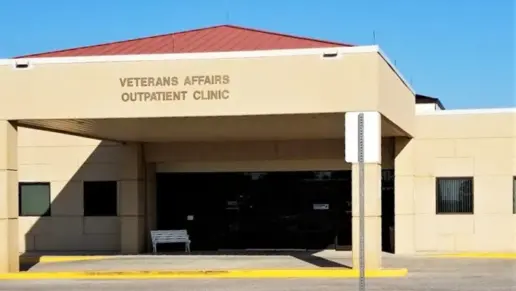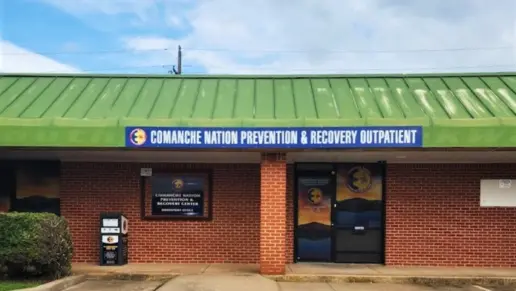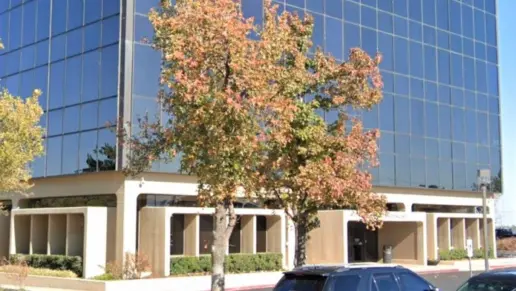This facility saved my cousins life. She loved EVERYTHING about it! She was a cocaine addict for 10 years. She is now a little over a year sober, It saved her two boys from loosing their momma! Couldn't ask for a better rehab!
About GRAND Addiction Recovery Center
GRAND Addiction Recovery Center is a drug and alcohol rehab facility. You’ll find ‘em located out in Tulsa, Oklahoma. They offer short-term outpatient (OP) and inpatient (IP) care for people of all ages who are experiencing mental health crises.
They treat substance (SUD) and alcohol use disorder (AUD). They also treat dual-diagnosis patients. They have programs for both adults and families. There’s also specialized care for seniors and veterans.
This service is available if you have overdosed on a substance or alcohol or if you’re having a mental health crisis. They are the first crisis center of their kind. If you need transportation to the facility, they can provide that as well.
GRAND has a trained medical staff that will help you get through detox. They’ll monitor you for as long as it takes to get you stabilized enough to go home or to a mental health care facility. You can stay for 2 or 3 days if it is necessary.
The center works with local police departments. They handle drug overdose cases so police can concentrate on public safety.
Once you stabilize, they will give you an assessment. They can refer you to inpatient and outpatient care facilities. They will recommend a treatment plan based on this assessment. They believe in treating the whole person and will make sure the plan includes medical and psychiatric treatment.
Treatment is offered 24 hours a day. You can walk in at any time without an appointment. Former clients have stated that this is one of the best facilities they have been to. They say the staff is helpful and friendly.
Facility Overview
Latest Reviews
Rehab Score
Gallery
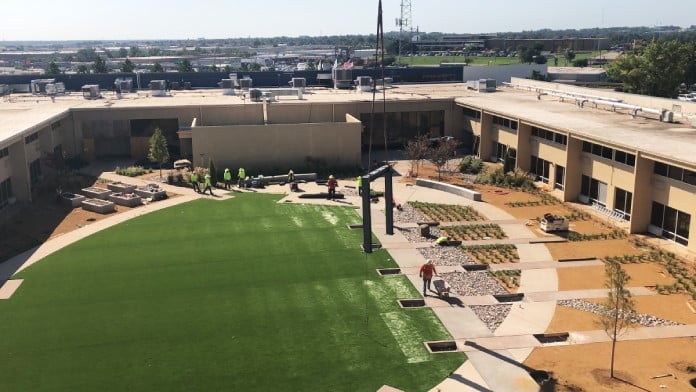
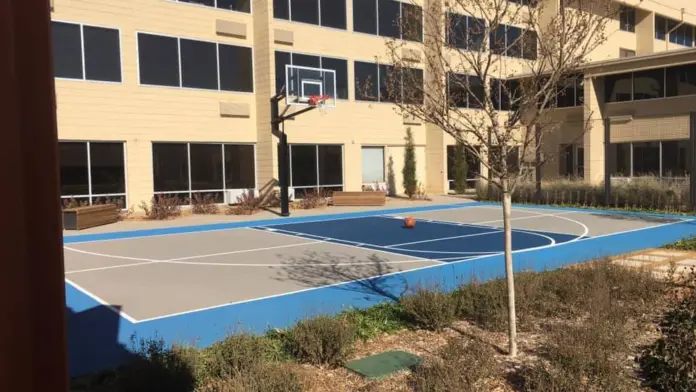
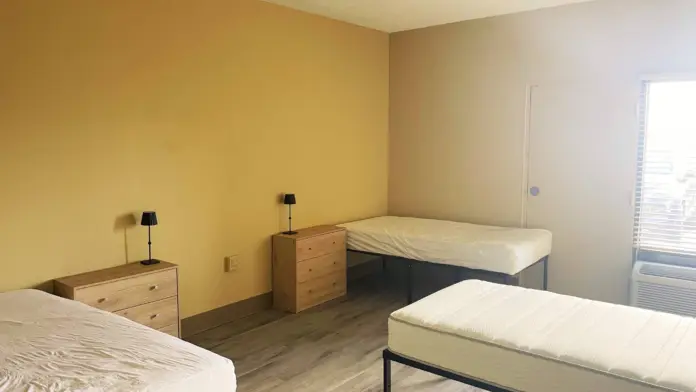
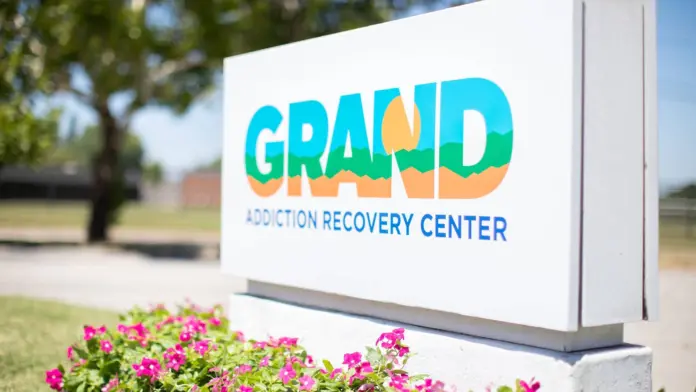
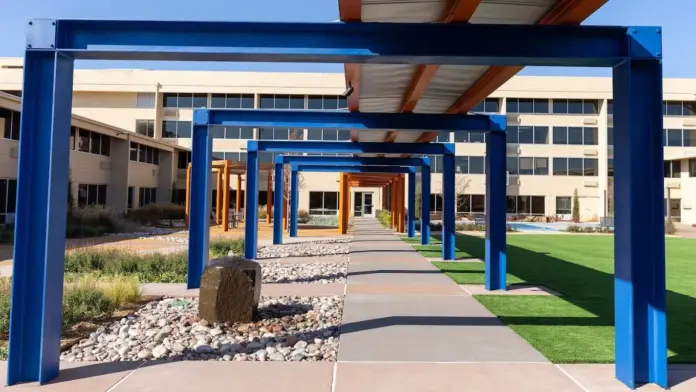
Location
Other Forms of Payment
Medicaid is a state based program that helps lower-income individuals and families pay for healthcare. Medicaid covers addiction treatment so those enrolled can use their coverage to pay for rehab. When a program accepts Medicaid the client often pays very little or nothing out of their own pocket.
Private insurance refers to any kind of healthcare coverage that isn't from the state or federal government. This includes individual and family plans offered by an employer or purchased from the Insurance Marketplace. Every plan will have different requirements and out of pocket costs so be sure to get the full details before you start treatment.
Self-pay involves paying for treatment out of your own pocket. You can use savings or credit, get a personal loan, or receive help from family and friends to fund your treatment. If you don't have insurance or your insurance plan doesn't cover a specific program, self-pay can help ensure you still get the care you need.
Financial aid can take many forms. Centers may have grants or scholarships available to clients who meet eligibility requirements. Programs that receive SAMHSA grants may have financial aid available for those who need treatment as well. Grants and scholarships can help you pai for treatment without having to repay.
Addiction Treatments
Levels of Care
Treatments
The goal of treatment for alcoholism is abstinence. Those with poor social support, poor motivation, or psychiatric disorders tend to relapse within a few years of treatment. For these people, success is measured by longer periods of abstinence, reduced use of alcohol, better health, and improved social functioning. Recovery and Maintenance are usually based on 12 step programs and AA meetings.
To address the issues of addiction, each drug rehab in Oklahoma is tailored to meet the individual's needs. Treatment may occur in a residential or outpatient setting, and may last from a few days to several months.
Many of those suffering from addiction also suffer from mental or emotional illnesses like schizophrenia, bipolar disorder, depression, or anxiety disorders. Rehab and other substance abuse facilities treating those with a dual diagnosis or co-occurring disorder administer psychiatric treatment to address the person's mental health issue in addition to drug and alcohol rehabilitation.
A combined mental health and substance abuse rehab has the staff and resources available to handle individuals with both mental health and substance abuse issues. It can be challenging to determine where a specific symptom stems from (a mental health issue or an issue related to substance abuse), so mental health and substance abuse professionals are helpful in detangling symptoms and keeping treatment on track.
Opioid rehabs specialize in supporting those recovering from opioid addiction. They treat those suffering from addiction to illegal opioids like heroin, as well as prescription drugs like oxycodone. These centers typically combine both physical as well as mental and emotional support to help stop addiction. Physical support often includes medical detox and subsequent medical support (including medication), and mental support includes in-depth therapy to address the underlying causes of addiction.
Programs


Clinical Services
Group therapy is any therapeutic work that happens in a group (not one-on-one). There are a number of different group therapy modalities, including support groups, experiential therapy, psycho-education, and more. Group therapy involves treatment as well as processing interaction between group members.
In individual therapy, a patient meets one-on-one with a trained psychologist or counselor. Therapy is a pivotal part of effective substance abuse treatment, as it often covers root causes of addiction, including challenges faced by the patient in their social, family, and work/school life.
Family involvement is an integral part of the treatment and recovery process at 12&12. Addiction is a chronic, progressive illness and it affects not only the afflicted person, but also his or her spouse, partner, family members or concerned friends. At 12&12, they believe recovery is a family process.
Using recreational therapy in Oklahoma within a drug and alcohol addiction treatment program helps you find joy and purpose within healthy activities. These could include gardening, group games, team sports, and swimming. These activities promote relaxation and social interaction, which are crucial to sustain long term recovery.
Amenities
-
Residential Setting
-
Private Setting
Staff & Accreditations
Staff
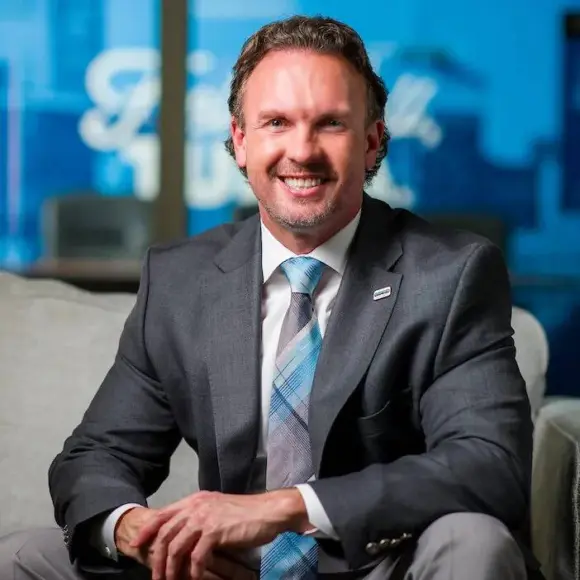
CEO
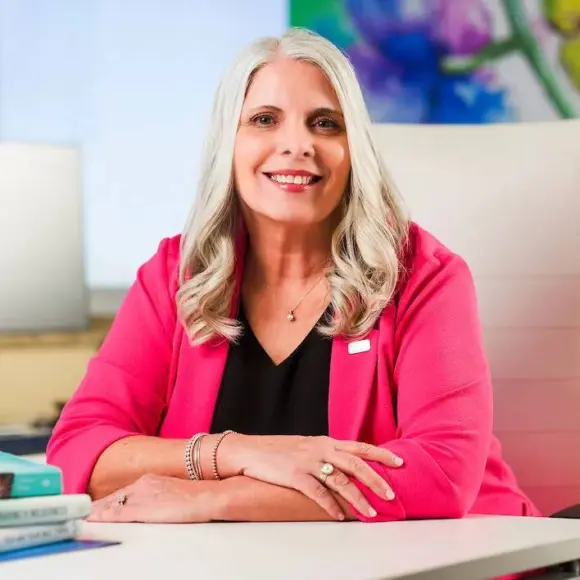
Chief Facilities & Maintenance Officer
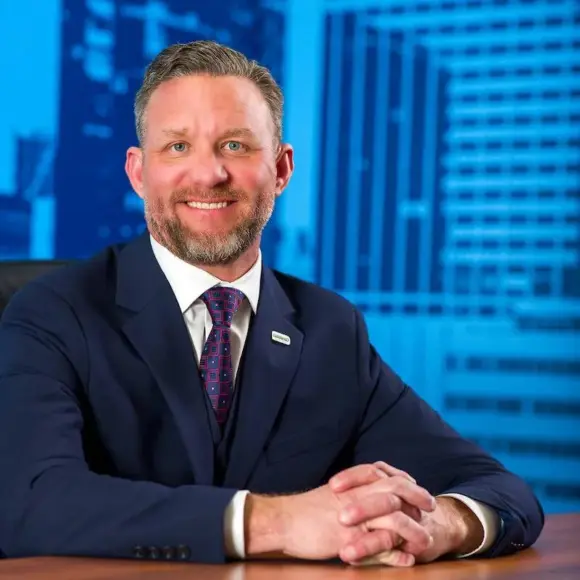
Chief Administrative Officer-Tulsa
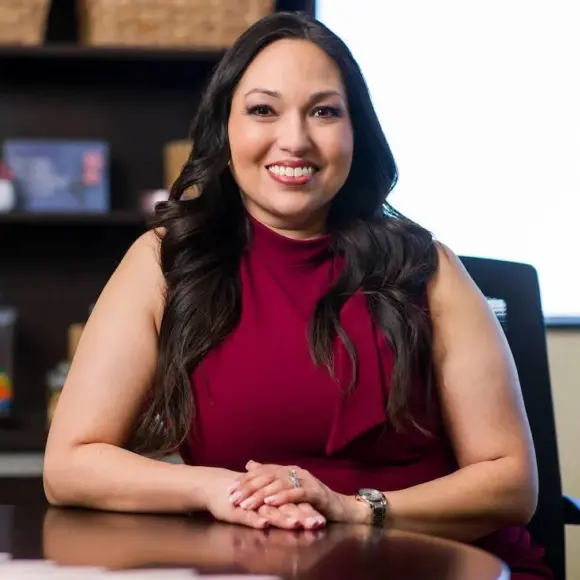
Chief Clinical Officer-Tulsa
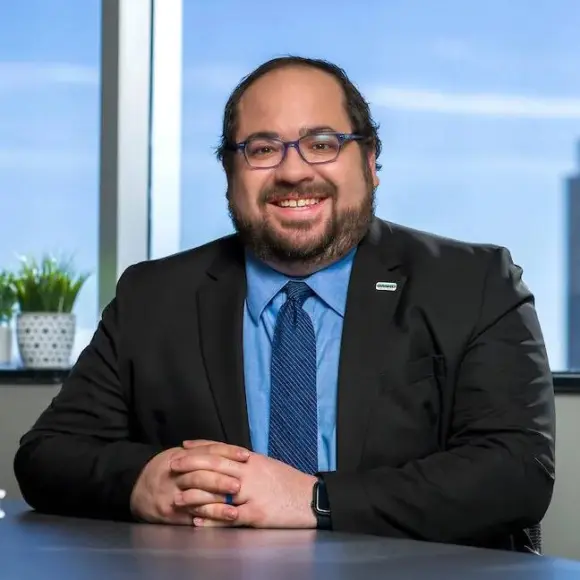
Chief Clinical Officer-Crisis Services
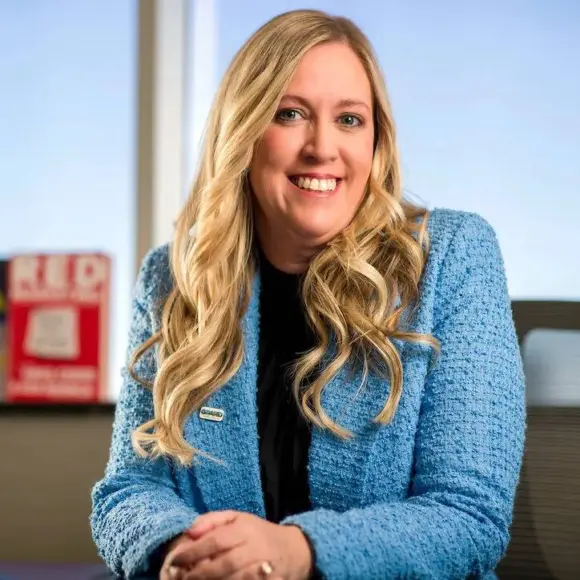
Chief Human Resources Officer
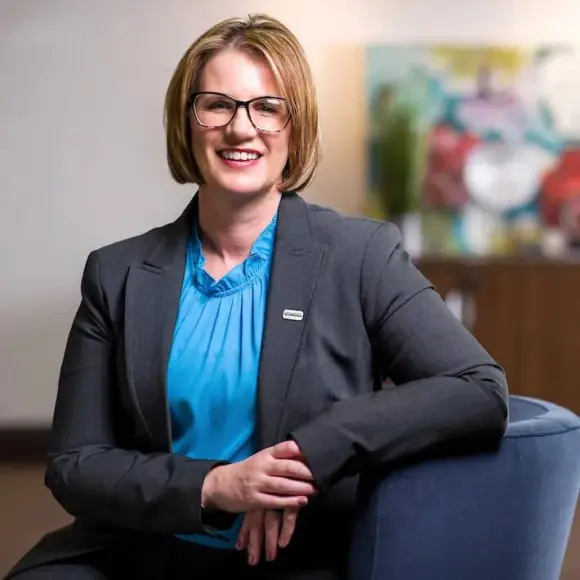
Chief Administrative Officer-Northeast/North Central
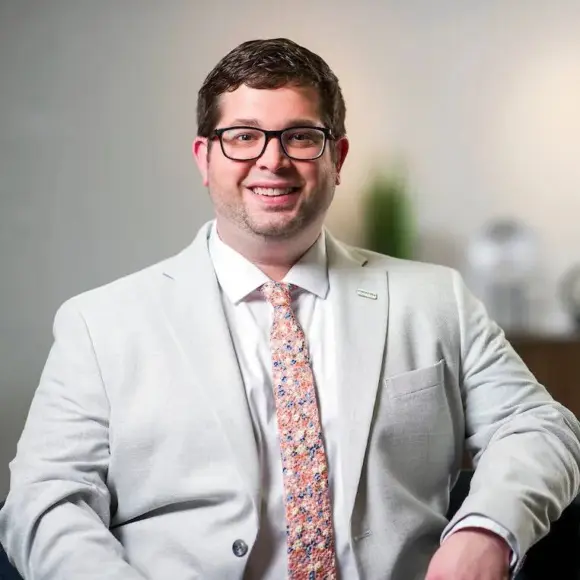
Chief Clinical Officer-Northeast/North Central
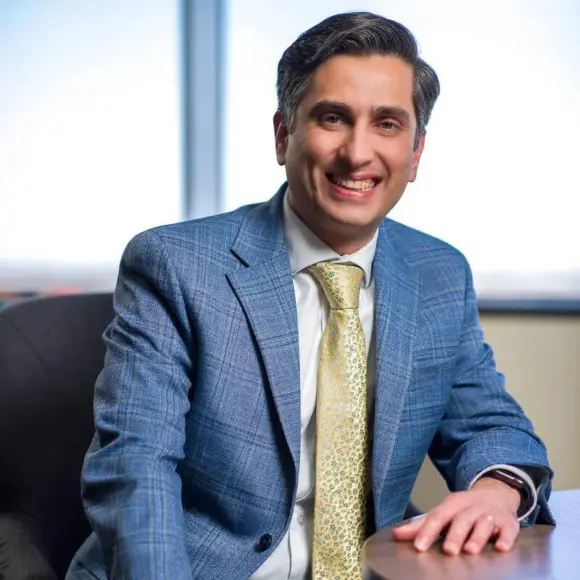
CIO
Accreditations

The Commission on Accreditation of Rehabilitation Facilities (CARF) is a non-profit organization that specifically accredits rehab organizations. Founded in 1966, CARF's, mission is to help service providers like rehab facilities maintain high standards of care.
CARF Accreditation: Yes
Contact Information
6333 East Skelly Drive
Tulsa OK, 74135
